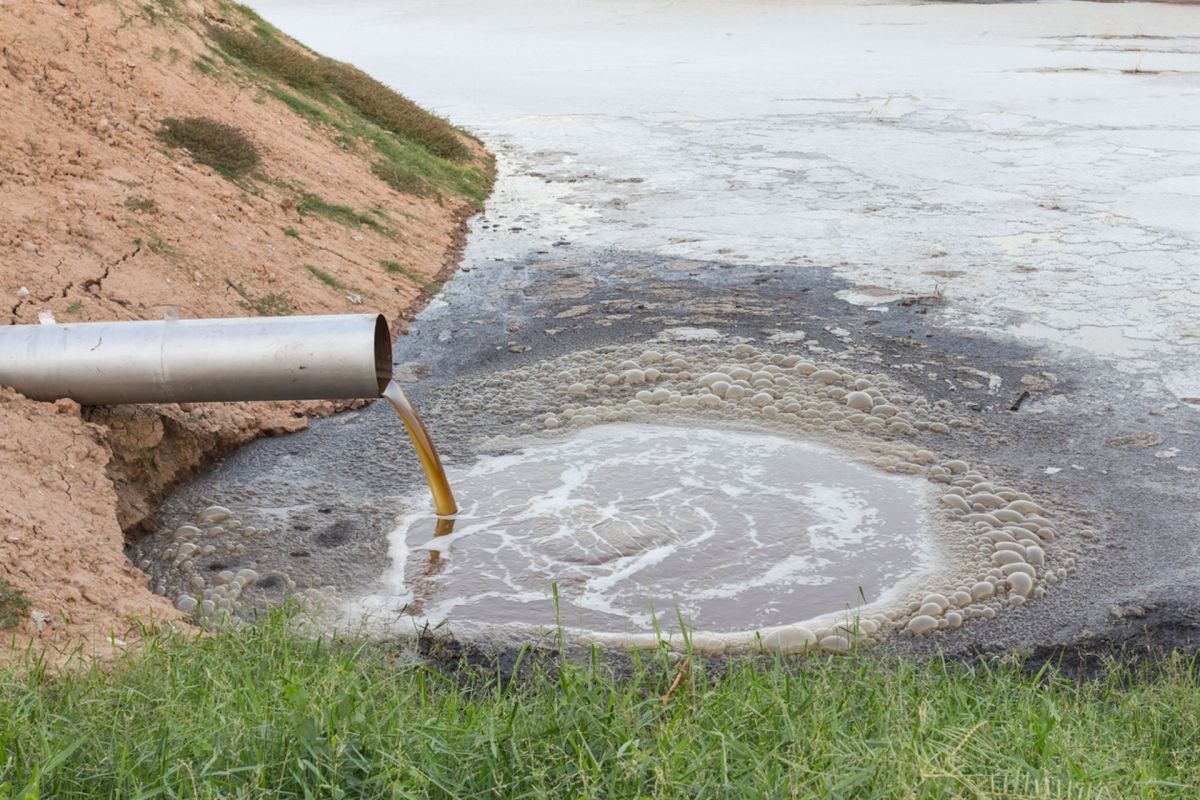Windermere, England's largest natural lake and world heritage site, turned a different shade of blue in the summer of 2022, as a shocking amount of blue-green algae covered much of its north shore.
What happened?
As reported by the Guardian, the cause of the algal bloom was suspected to be English water companies illegally dumping raw sewage into the lake for up to 70 days in 2022.
Peter Hammond, a retired biology professor at University College London, first identified the scale of the illegal raw sewage dumps. He analyzed detailed data released by the UK's Environment Agency on spills and treatment by United Utilities.
Hammond concluded that permit conditions at three United Utilities treatment works and one pumping station that feed into Windermere were responsible for the 70 breaches, per the Guardian. If sewage is released from a treatment works, it must continue treating sewage at a minimum rate and is in breach of its permit if it doesn't.
Matt Staniek of the campaign group Save Windermere said, "Last year alone United Utilities returned £300m [about $380 million] to their shareholders, and yet we have still not seen a solution or adequate investment to ensure the long-term protection of Windermere. Windermere is being exploited, and this has to end."
Why is it concerning?
According to the Environment Agency, these permit breaches are illegal, and for good reason. The EA says blue-green algae can produce toxins that harm humans and kill wild animals, livestock, and pets.
Nutrient enrichment — known as eutrophication — amplified by rising global temperatures brought on by human activities, has been Windermere's main issue, according to the Freshwater Biological Association, which has monitored the lake for decades, the Guardian reports.
Eutrophication leads to more algal blooms in open water and deoxygenation in deeper water. "They are becoming more prevalent because climate change is creating the warm, stable weather conditions that the algae likes," said Louise Lavictoire, the FBA's head of science, in an earlier Guardian article.
Further, since Earth's overheating is a primary cause of the problem, Windermere isn't the only victim of toxic algal blooms, not even close. Lake Okeechobee — Florida's largest freshwater lake — was recently overtaken by toxic algae, and thousands of suffocated dead fish washed up on a Texas beach.
What is being done about Windermere?
The lake has an advocate in the EA, who said, "We are absolutely committed to improving the water quality in Lake Windermere, which is why we are working closely with the local community and a range of partners to reduce pollution from different sources. We are currently analysing data for more than 10,000 storm overflows for 2022; if there is any evidence that permits have not been complied with, we will take action."
Individually, we must work to slow Earth's overheating and protect all of our waters.
Join our free newsletter for cool news and actionable info that makes it easy to help yourself while helping the planet.









